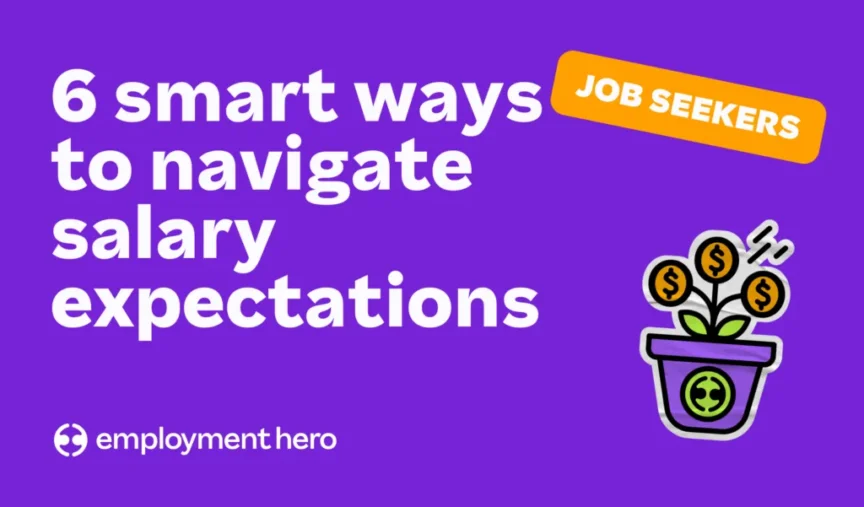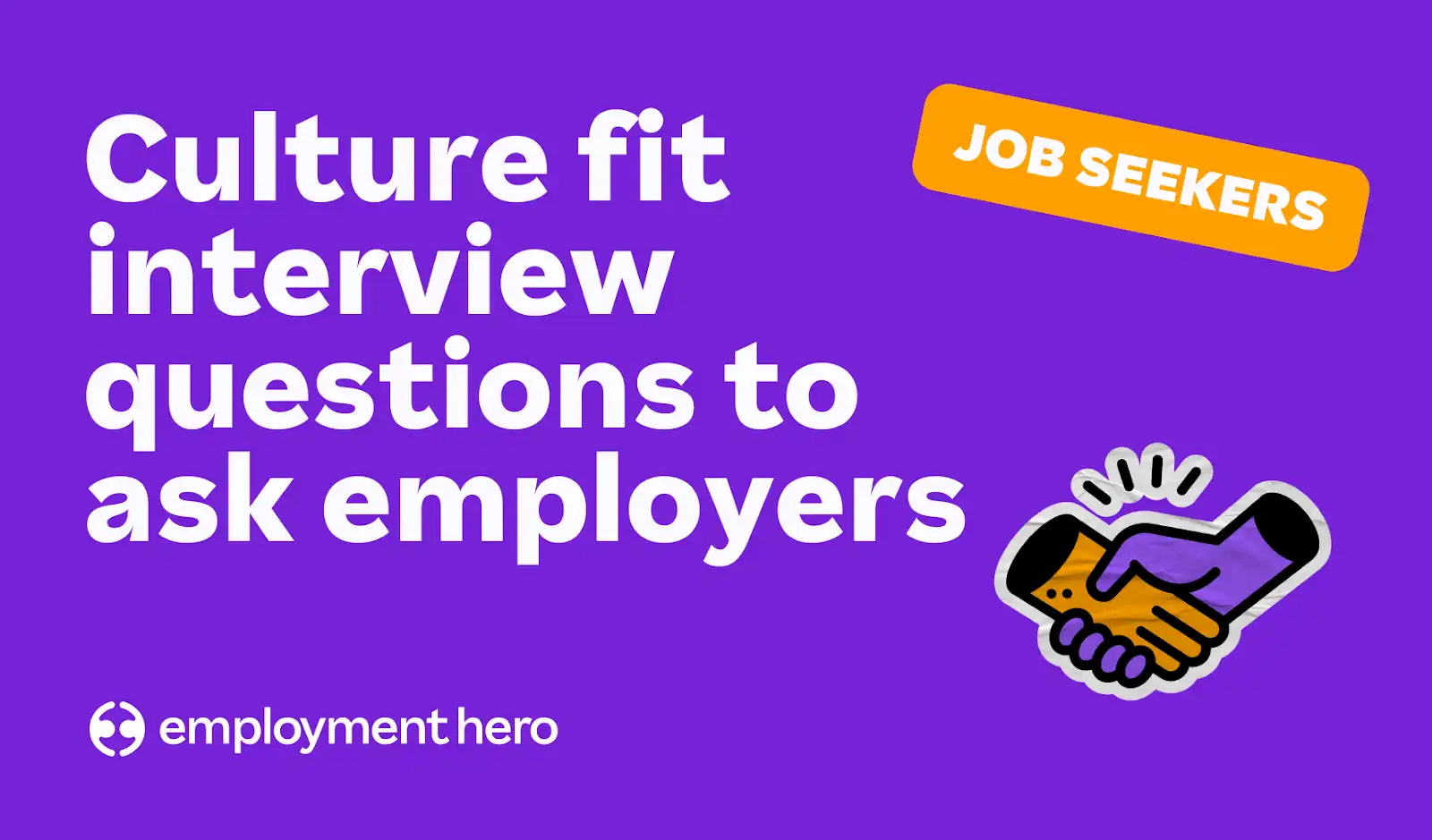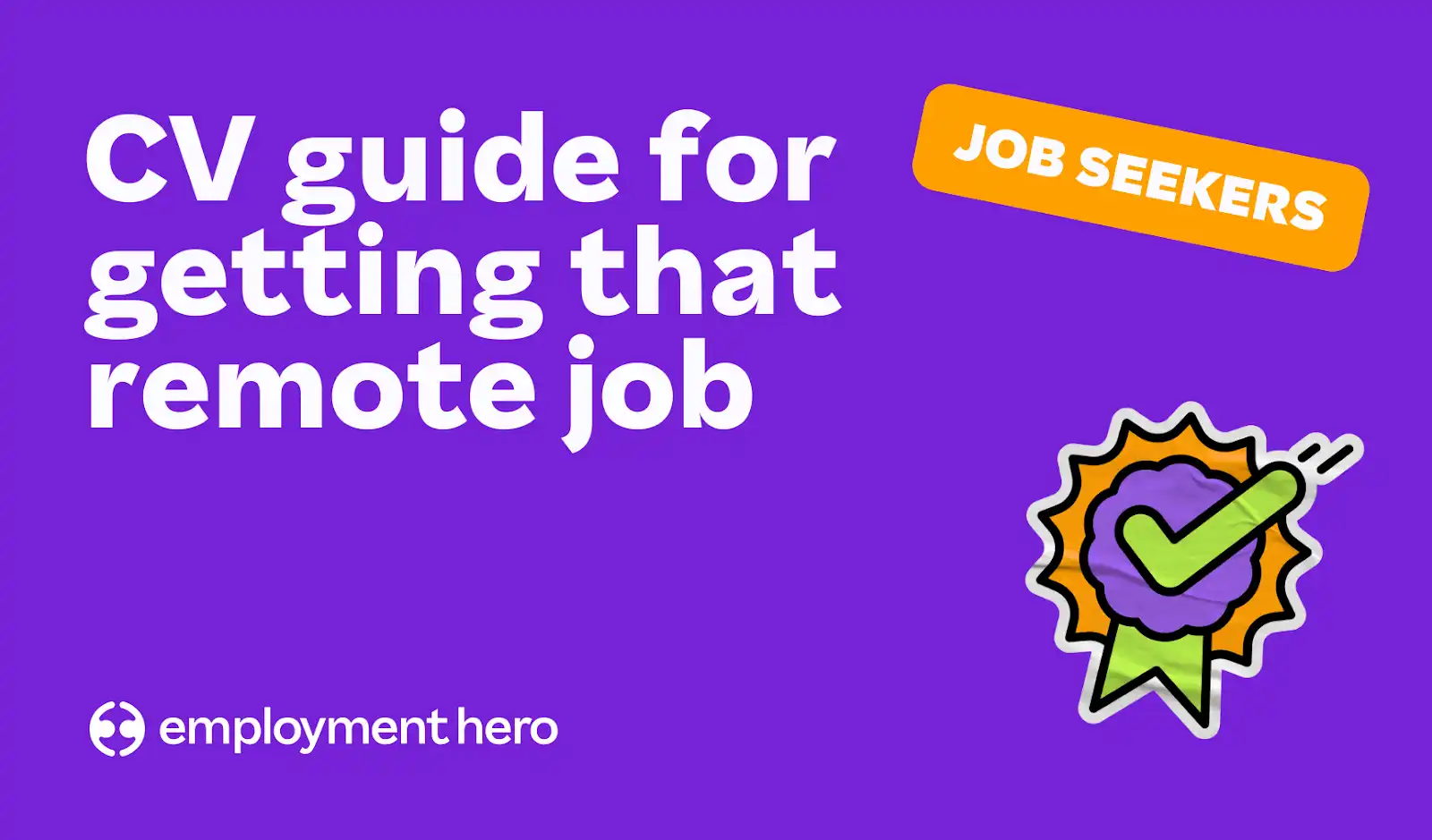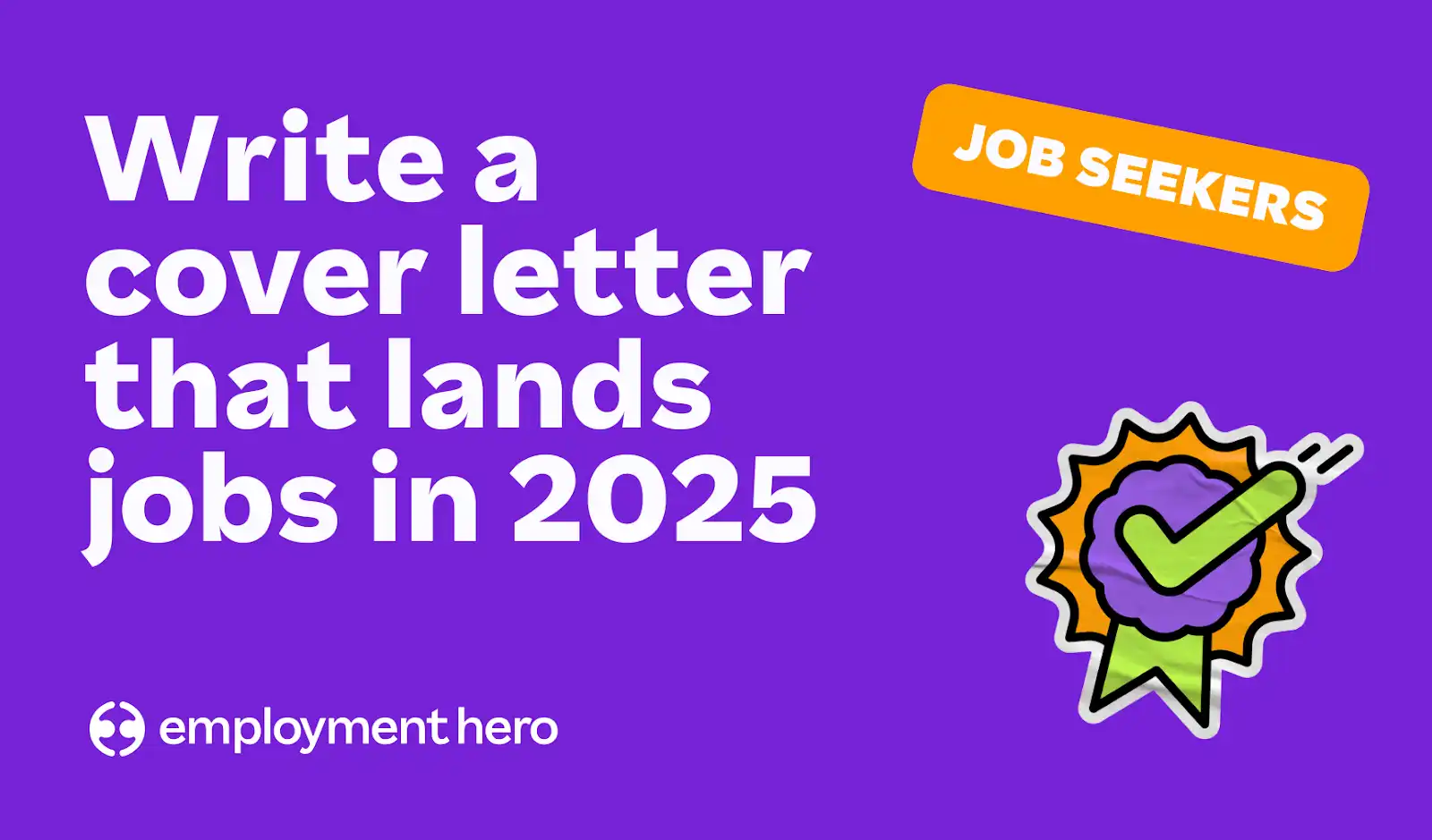How to answer salary expectations questions in interviews

Contents
Navigating salary questions in interviews can feel like walking a tightrope. Say too much and you risk pricing yourself out of an opportunity. Say too little, and you might sell yourself short. Knowing how to handle these conversations is key to landing a job that meets your financial and career goals.
Here we’ve outlined six strategic approaches tailored to the Canadian job market to help you master your next salary expectation conversation.
6 smart strategies to talk about salary expectations
1. Approach the conversation with a collaborative mindset
Think of salary discussions as a two-way negotiation rather than a confrontation. Frame your expectations within the context of mutual value. For example, instead of bluntly stating a figure, say:
“Based on my research and the scope of this role, I believe a salary range between $80,000 and $90,000 is fair. I’d love to work together to reach a number that aligns with both the company’s goals and my contributions.”
This creates a tone of professionalism and collaboration.
2. Understand your market value
Being informed is your best asset in salary discussions. Research job listings, industry reports and talk to recruiters in the region to discuss what current market rates are.
By presenting data-backed insights, you reinforce your position with credibility. For instance:
“According to the local market, professionals in similar roles earn between $85,000 and $95,000 annually. Would you be open to discussing a salary within that range?”
3. Understand the full Canadian compensation package
Salary is more than just a number. Canadian contracts often include benefits, flexibility options and lifestyle perks such as additional leave or work-from-home days. Before negotiating, evaluate the full compensation package, including:
- Health and dental benefits
- Professional development allowances
- Retirement savings plans (e.g., RRSPs, pensions)
- Flexibility in work hours or location
A holistic view ensures you’re considering every element of your potential earnings.
4. Raise salary expectations early
It’s vital to address salary expectations early in the interview process to avoid mismatches. Introducing the topic up front can save both parties time, especially during lengthy hiring rounds. A proactive yet diplomatic approach might sound like this:
“To make sure we’re aligned from the beginning, could you share the budgeted salary range for this role?”
Being up front not only demonstrates professionalism but also helps set clear parameters for further discussions.
5. Be ready to negotiate professionally
Negotiation can be daunting, but preparation is key. Present your case with confidence, supported by evidence, like:
- Specific achievements from previous roles
- Relevant certifications or skills
- Industry benchmarks
If initial offers don’t meet your expectations, remain composed. Try:
“I appreciate the offer. Based on my experience and the value I bring, I was aiming for something closer to $90,000. Is there room to adjust the offer to better reflect that?”
6. Consider common non-monetary benefits in Canada
Non-monetary perks are becoming increasingly valuable, especially as more employers focus on holistic employee satisfaction. To enhance your negotiations:
- Ask for additional leave (e.g., parental leave, study leave)
- Request professional learning and development (L&D) budgets
- Explore flexible work arrangements
Focus on benefits that align with your lifestyle preferences and career aspirations. For many Canadians, these perks can outweigh a slightly lower salary.
The role of Provincial Labour Laws in salary and benefits
Labour laws and standard benefits in Canada can vary slightly by province or territory. While federal laws cover some aspects, specific regulations regarding statutory holidays, minimum wage, overtime pay and other employment standards are often set at the provincial level. For instance, the minimum wage in Alberta differs from that in Ontario or British Columbia, and the list of recognized statutory holidays also vary.
It’s essential for job seekers to be aware of the provincial context of the job they are applying for. Understanding these regional differences will not only help you better assess a compensation package but also ensure you are familiar with your rights and entitlements as an employee in that specific province or territory. Researching the local labour laws relevant to your potential workplace can significantly enhance your negotiation position and overall job satisfaction.
Understanding the cost of living in Canadian cities
The cost of living in Canada can vary significantly from one city to another, directly impacting what constitutes a “good” salary expectation. For instance, a salary that comfortably supports a lifestyle in Halifax might feel stretched thin in Toronto due to differences in housing costs, transportation and everyday expenses. Montreal, with its unique cultural landscape and generally lower rent compared to other major cities, also presents a different financial picture for job seekers.
Before entering salary discussions, it’s crucial for candidates to research the cost of living in their target Canadian city. This will enable you to align your salary expectations with the economic realities of the location, ensuring your desired remuneration covers both your living expenses and financial goals.
If you’re not currently living in the city you’re applying in, consider the checklist below to get you started in your research journey.
- Identify your target Canadian city/cities.
- Research average housing costs (rent/mortgage) in your desired location.
- Investigate typical transportation costs (public transit, gas, car insurance).
- Look into average expenses for groceries and utilities.
- Consider other lifestyle costs (entertainment, dining out, personal care).
- Use online cost-of-living calculators or local government resources.
What not to say when asked about salary expectations
It’s equally important to avoid vague or passive responses. Phrases like “I’m open to anything reasonable” or “Whatever you think is fair” can undermine your position. Instead, be clear, direct and confident in your value. If you’re unsure, provide a range rather than a fixed figure.
Sample responses to salary questions
To simplify preparation, here are tailored responses by career level:
- Entry-Level Candidate:
“For someone with my skills and qualifications, I’m seeking a starting salary between $55,000 and $65,000. I’m flexible based on the overall compensation package.”
- Mid-Level Professional:
“Given my expertise and industry knowledge, I’m looking at a range of $85,000 to $95,000, including superannuation. I’m eager to discuss how I can bring value to the team within that range.”
- Executive Candidate:
“For a position of this seniority, I’d expect a total package in the range of $150,000 to $170,000. This aligns with market trends and my track record of leadership success.”
Handling the ‘current salary’ question
While some employers might ask about your current or previous salary, you are not obligated to disclose this information in Canada. Instead of providing a specific figure, you can politely redirect the conversation to your expectations for the new role and your understanding of the market value. For example, you could say: “My current compensation is confidential, however, I am looking for a role that offers a salary in the range of X to Y, which I believe aligns with the responsibilities of this position and the current market rates for similar roles in [Canadian city/province].”
This approach allows you to maintain privacy while clearly communicating your salary expectations based on your research and the value you bring. Focus on highlighting your skills, experience and the contributions you can make to the company, rather than dwelling on past earnings. Emphasize that your primary goal is to find a role that is a good fit for your career aspirations and where your skills will be appropriately compensated within the job market.
When to revisit salary expectations
It can be appropriate to revisit salary expectations if the initial discussion didn’t go as hoped, or if new information about the role emerges. Here are a few scenarios where it might be beneficial to bring up the topic again:
- Significant increase in responsibilities: If, after the initial discussion, the hiring team reveals additional responsibilities, projects, or a more senior scope for the role, it’s fair to re-evaluate the compensation. You could say: “Given the expanded responsibilities of X and Y that we discussed, I’d like to revisit the salary range we discussed to ensure it aligns with the increased scope of the role.”
- New information about the company’s financial health or success: If there’s public information about the company’s recent strong financial performance, a successful funding round, or significant growth, you might have more leverage to ask for a higher salary.
- A competing offer: If you receive a more attractive offer from another company, this can be a strong point for negotiation. You can present this to the hiring manager and explain that while you are very interested in their role, you have a competing offer that better aligns with your financial expectations.
- Undisclosed benefits or compensation components: If the initial discussion focused solely on base salary and you later learn about other valuable compensation components (like a performance bonus, stock options, or a comprehensive benefits package) that were not fully explained, you might want to clarify their value and how they factor into the overall compensation.
- Change in your qualifications or experience: If you acquire a new, relevant certification, skill, or achieve a significant accomplishment after the initial discussion, it’s worth bringing it up as it increases your market value.
Final checklist before your interview
Before your next interview, use this quick checklist to prepare:
- Research typical salaries for your role and industry in Canada.
- Benchmark your desired range using tools like salary calculators.
- Practice responses, ensuring clarity and confidence.
- Prepare evidence; highlight accomplishments and market-relevant skills.
- Identify any non-monetary benefits you’d like to negotiate.
Want to land your dream job?
Salary discussions are just one piece of the puzzle. Employment Hero is here to help you craft standout resumes, perfect your interview skills and connect with tools designed to elevate your job search.
Ready to start looking? Set up a profile on Employment Hero Jobs so employers can use our AI-powered SmartMatch tool to proactively reach out to you for opportunities.
Mastering your career starts with mastering the job hunt. Take charge today and thrive tomorrow!
Frequently asked questions about navigating salary expectations
Yes, it is not only okay but often expected and encouraged to negotiate salary in Canada. Employers typically build some negotiation room into their initial offers. Negotiating professionally demonstrates your confidence, research and belief in your value, which can be seen as a positive trait. It’s a key part of ensuring your compensation aligns with your skills, experience and the market rate for the role.
A “good” salary increase to ask for in Canada typically falls within a range of 5% to 10% above your current salary, or the initial offer. However, this can vary significantly based on several factors:
- Market value: If your current salary is below the market rate for your role, experience and industry in Canada, you might aim for a higher increase to bring yourself in line with industry benchmarks.
- Performance and contributions: If you have a strong track record of exceeding expectations, taking on additional responsibilities, or bringing significant value to your previous or current employer, you can justify a higher increase.
- Company performance: If the company is experiencing strong growth, profitability, or has recently secured significant funding, there might be more room for a larger increase.
- Cost of living: In areas with a high cost of living (like Vancouver or Toronto), a larger increase might be necessary to maintain or improve your standard of living.
- Competing offers: If you have a more lucrative offer from another company, this can be a powerful negotiation tool for a higher increase.
It’s always best to back your request with research on market rates, your achievements and the value you bring to the role.
In Canada, providing a salary range is generally preferred over a specific number when discussing salary expectations. This approach offers several advantages:
- Flexibility: A range demonstrates that you are open to negotiation and understand that the final offer might depend on the overall compensation package, including benefits and perks.
- Avoids Underselling/Overselling: It reduces the risk of stating a figure that is either too low (underselling yourself) or too high (pricing yourself out).
- Demonstrates Research: Providing a well-researched range shows that you have an understanding of the market value for the role and your experience.
When stating a range, ensure it’s realistic and backed by your research on market rates and the cost of living in the relevant Canadian city or province. For example, you could say:
“Based on my research into similar roles in [Canadian city/province] and my experience, I’m looking for a salary in the range of $X to $Y. I’m also keen to understand the full compensation package offered with this role.”
If you are pressed for a specific number, you can reiterate your preferred range and explain that you are flexible depending on the complete offer.
Related Resources
-
 Read more: Culture fit interview questions to ask employers in Canada
Read more: Culture fit interview questions to ask employers in CanadaCulture fit interview questions to ask employers in Canada
Published 5 min read Contents Finding the right workplace isn’t just about salary and perks; it’s about cultural alignment. A…
-
 Read more: How to write a resume or CV for remote jobs in Canada 2025
Read more: How to write a resume or CV for remote jobs in Canada 2025How to write a resume or CV for remote jobs in Canada 2025
Learn how to write a resume or CV for remote jobs in Canada in 2025. Get tips and examples to…
-
 Read more: How to Write a Cover Letter for Jobs in Canada (2025 Guide)
Read more: How to Write a Cover Letter for Jobs in Canada (2025 Guide)How to Write a Cover Letter for Jobs in Canada (2025 Guide)
Learn how to write a cover letter for jobs in Canada with our 2025 guide. Get tips, examples, and best…

















